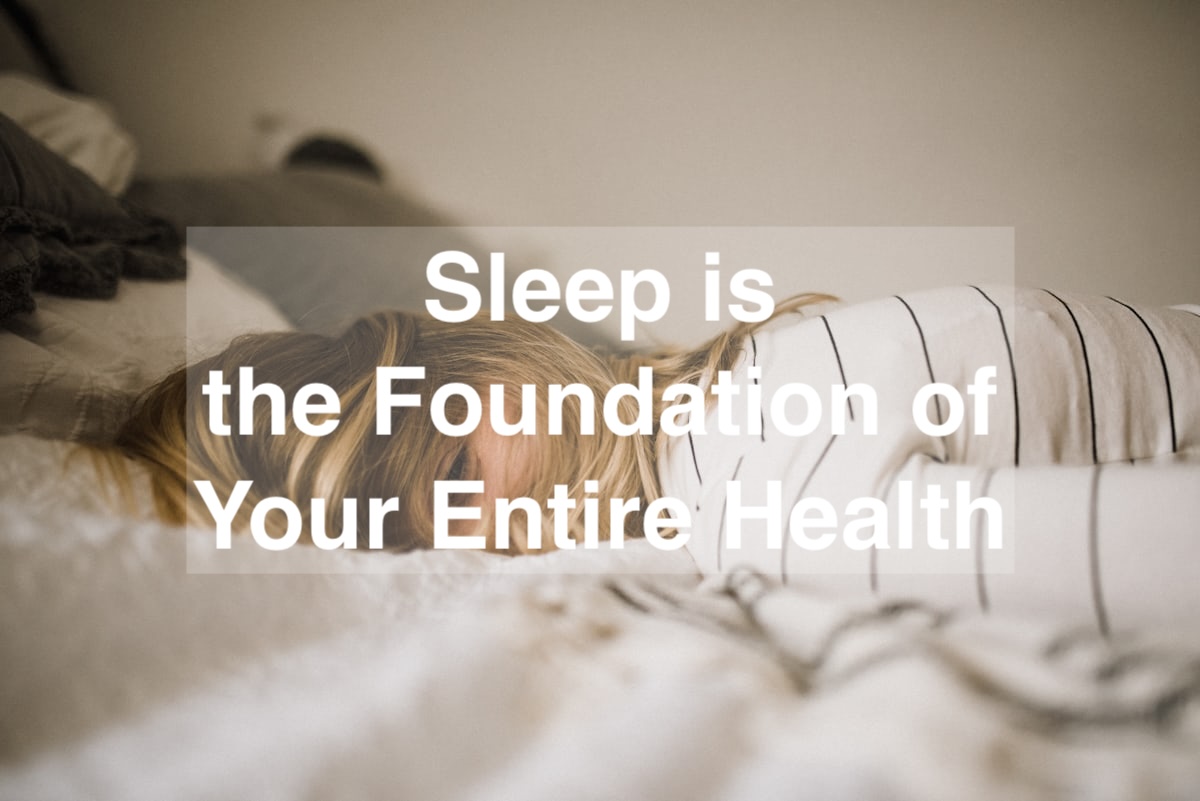
Sleep is the Foundation of Your Entire Health
Sleep isn’t just for rest; it’s the cornerstone of your metabolic, hormonal, and emotional well-being. While intermittent fasting has many proven benefits, those benefits can quickly unravel if your sleep is suffering.
In this article, we’ll unfold why sleep and fasting are deeply connected, and how prioritizing quality sleep can supercharge your fasting results.
Why Sleep is Non-Negotiable for Health
Your body does its deepest healing while you sleep. Here’s what happens when you’re clocking 7–9 hours of quality rest:
- Cognitive repair: memory consolidation and emotional processing
- Cellular repair: tissue growth, detoxification, and immune support
- Hormonal regulation: balancing insulin, cortisol, leptin, and ghreline
If sleep is cut short, all these processes are compromised; leading to cravings, poor fasting adherence, and even stalled fat loss.
The Sleep-Fasting Connection
1. Fasting Affects Your Sleep, and Vice Versa
When done properly, fasting can improve your sleep; but only if your sleep is already stable. If you’re already stressed, over-caffeinated, or under-slept, fasting may add pressure to your system instead of relief.
2. Poor Sleep = Poor Blood Sugar Control
Sleep deprivation causes insulin resistance, making fasting less effective. You’ll be more likely to experience:
- Stronger hunger pangs
- Blood sugar crashes
- Emotional eating
3. Cortisol and the Fasting-Sleep Loop
Inadequate sleep increases cortisol levels. High cortisol makes fasting harder; and may blunt weight loss or fat-burning results.

How to Build a Sleep Foundation for Fasting Success
These might be obvious for some people and not obvious for others, so here is a good reminder:
- Stick to a sleep schedule: go to bed and wake up at the same time daily
- Limit screens at night: blue light delays melatonin production
- Create a wind-down routine: light stretching, reading, or journaling
- Avoid caffeine after 2 PM: it disrupts your deep sleep cycles
- Time your last meal: finish eating 2–3 hours before bed for better digestion
In Summary
Fasting isn’t magic without the foundation of high-quality sleep. To lose weight, balance hormones, or feel better in your body, start by fixing your sleep.
Sleep first. Fast second. Thrive always my friend.

Ready to Build Your Healthy Lifestyle?
Work with me to build a tailored fasting strategy that combines food, mindset, sleep strategy and habits for real, lasting results.



